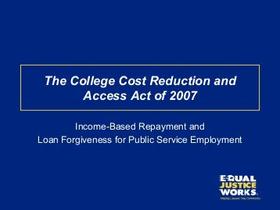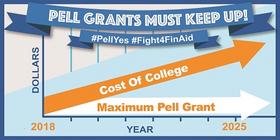Amidst an economic crisis, rising tuition costs, and a more competitive job market, community college students looking for ways to generate income. One alternative wage-earning option helping students to make ends meet involves monitored drug trials and clinical studies. In fact, as North Jersey News reveals, “Joining a study has compelling advantages... You can take pride in helping others.” Adding to the benefits gained by researchers and patients, students enrolled in safe and controlled clinical trials are able to earn extra cash to help cover the many costs of their education and living expenses.
Yet, before signing up, experts assert that students must be aware of the serious potential cons amidst the seemingly ideal pros.
Drug Trial Opportunities
While each community college campus, as well as nearby hospitals and universities, typically offer their own unique opportunities for clinical studies and trials, students often seek out more widely available venues as well. For example, companies such as GPGP, a free online directory service listing an array of of volunteer-based trial opportunities, allows interested individuals to pursue thousands of national and even international research studies. As GPGP explains, “Volunteering for strictly regulated and ethical approved studies can be an excellent way to help to pay educational costs, supplement your income while working, or fund your travels while spending time in foreign countries.”
Individuals who are healthy, eligible, and who comply with all of the required study mandates can enjoy an added income with minimal extra










































































